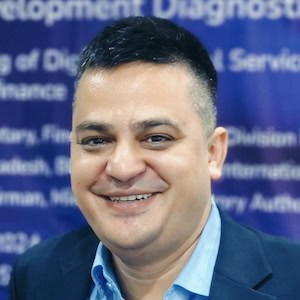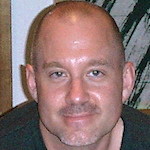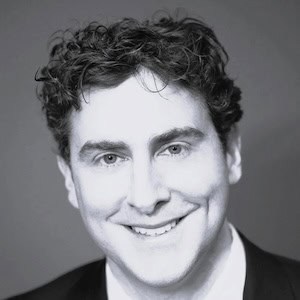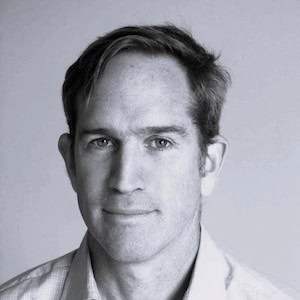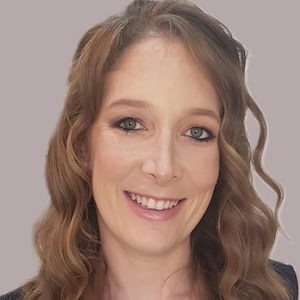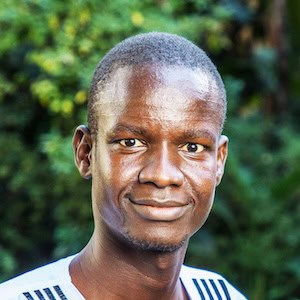-
Mozambique : Is impact investment the answer for agribusiness?
Foreign investments in Mozambique face an incredibly challenging business environment. Impact investors are filling in the capital gap that exists in developing countries such as Mozambique by providing early and mid stage growth capital to companies with a good track record, often without need for collateral and at risk adjusted rates compared to those available on the local market.
- Categories
- Agriculture
-
Special Series (Part 1): BPO for the BoP – defining Impact Sourcing and its potential to boost employment opportunity
Impact Sourcing, also known as socially responsible outsourcing, is an exciting and emerging space within the business process outsourcing (BPO) sector. Through work performed by the William Davidson Institute and funded by the Rockefeller Foundation, this series explores the challenges and potential for impact sourcing to alleviate poverty for millions of people in a sustainable manner through job creation and employment.
- Categories
- Education, Technology
-
Weekly Roundup 1/19/13: A March conference focuses on Marketing to the BoP (A video Q&A with Hystra’s Kayser)
Olivier Kayser is the founder and managing director of Hystra, a for-profit firm that works with business and social sector innovators to design and implement hybrid strategies for businesses and NGOs working at the BoP. Hystra is releasing a new research paper “Marketing for the BoP," which will be the centerpiece of a March conference.
- Categories
- Uncategorized
-
Controlling the Family Purse Strings, But Not the Cell Phone: mWomen report examines how low-income women can gain mobile money access
The report emphasizes that working with the communication channels used by BoP women could be an effective way of combating unfamiliarity, misconceptions, and inequitable social dynamics.
- Categories
- Uncategorized
-
MakeSense : Now in Brazil, the problem-solving platform looks to expand
MakeSense is an open project created to solve the myriad challenges that social entrepreneurs face. On the site, entrepreneurs are invited to enter their daily trials and tribulations, and solicit remedies from users. In addition, the site organizes "hold-up" events, in which, for three hours, a "gangster" (that is, a member of MakeSense) leads a brainstorming session with 10 to 15 people to offer solutions for a particular entrepreneur’s challenge.
- Categories
- Education
-
Putting Numbers on Multinationals’ Impact is Even Harder Than it Looks
Multinational companies like to describe their presence as a boon to developing countries. In a remarkable joint study, Oxfam International and Unilever Indonesia found such claims are valid—sometimes. The British antipoverty NGO and the Anglo-Dutch consumer products company were looking for new ways to help the world’s poor—and new ways to talk about the things they were already doing. Was Unilever’s Indonesia operation improving the lives of Indonesia’s poor and wider economy? If so, how much?
- Categories
- Uncategorized
-
BoP Health Care Gets a $10 Million Boost: What Duke’s new SEAD program could mean for you
Few universities are as active in BoP health care and social entrepreneurship as Duke. Now, thanks to a $10 million award from USAID, the university is poised to dramatically expand its impact in both fields. Duke will use the funds to launch the Social Entrepreneurship Accelerator at Duke (SEAD), a development lab that will identify and support solutions to global health challenges in low- and middle-income countries.
- Categories
- Education, Health Care
-
Are you an Intrapreneur? : Take our four-point test
How is an intrapreneur different from an entrepreneur? In a corporate setting, the ‘ventures’ they lead are not always products or services, but could be other kinds of initiatives that advance organizational objectives while having social or environmental benefits. These come in many shapes or sizes. Intrapreneurs have a wider field of vision than most people when it comes to opportunities for social or environmental impact. We have found it useful to think of this in terms of four Ps: Products, Practices, People, and Public.
- Categories
- Uncategorized
